Backpacking offers wonderful experiences, amazing views, and plenty of fresh air. We love to backpack, and keep things natural by striving to produce as little waste as possible on every adventure and aim for zero waste backpacking.

Hi there! Below you'll find affiliate links to great products that we enjoy using in our own kitchen.[feast_ads_disclosure]
Planning ahead is best
Proper planning is essential when you're packing everything you'll need for the days to come. And it's even more important when striving for zero waste backpacking.
Food
Have you ever had those pre-packaged, just add water backpacking meals? Sure they're super easy, and don't create dirty dishes. But eating those for every meal will pile up the trash. Plus they just don't taste as good as home cooked meals, especially with their laundry list of added ingredients…
We reduce our trash by making your own meals - we find them tastier and better for the body than the pre-packaged meals.
We usually eat mostly vegetarian meals since we often backpack in the heat of summer. Don't need aging meat in our packs. Though we did buy some tuna and salmon packets. Wasteful yes, but convenient and much needed protein and nutrients. Hard cheeses are another great snack, we buy the individually waxed-wrapped ones, as they keep for longer. Tortillas and pita bread are great homemade options, especially topped with almond butter. We also pack energy bars - not ideal waste-wise, but we plan to make our own in the future.
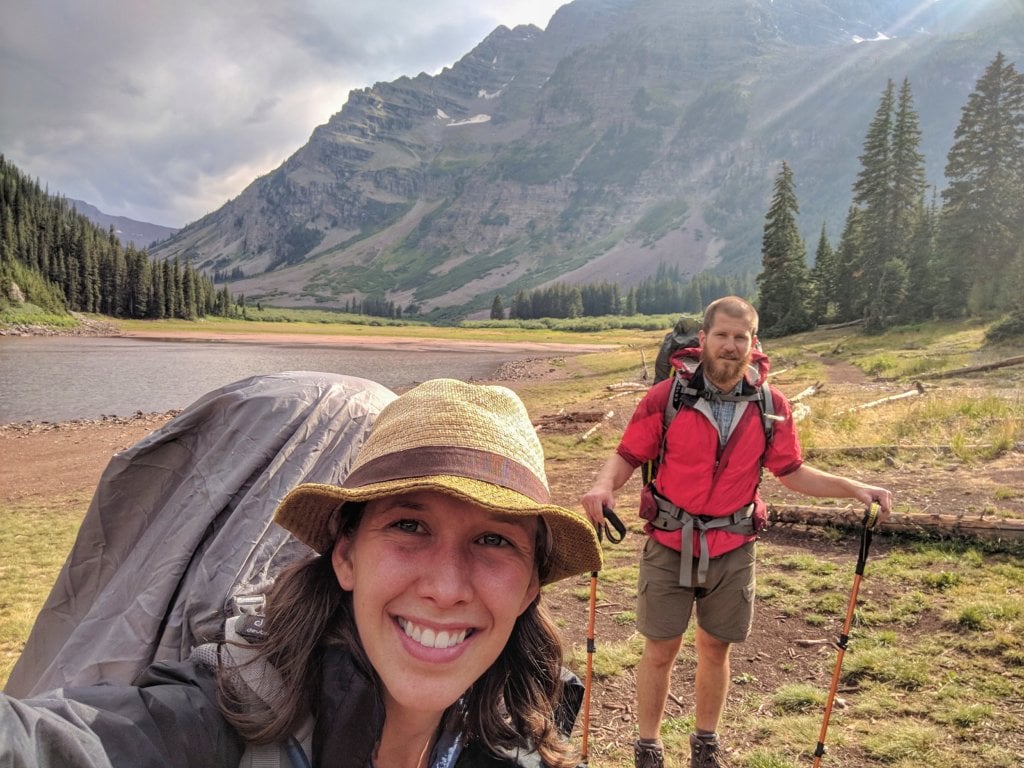
Dehydrating food
Dehydrating food at home is a life saver for backpacking. Maybe unnecessary for quick trips, but longer backpacking trips certainly call for dried food. We've used this dehydrator for our food drying needs, it was a hand-me-down and did the trick. But over time and use the plastic trays started breaking apart, and things started falling through the cracks… We haven't found our next dehydrator yet, probably because of our current digital nomad lifestyle. Dehydrators are super useful for creating your own backpacking meals and snacks. But you can also dry foods in the oven if needed. We plan to make apple chips and fruit leather for our next trip.
Buy in bulk
We get trail mix, nuts, dried fruit, and many of our meal ingredients in bulk. Some places even sell dehydrated soup mixes.
Reusable bags
We use our
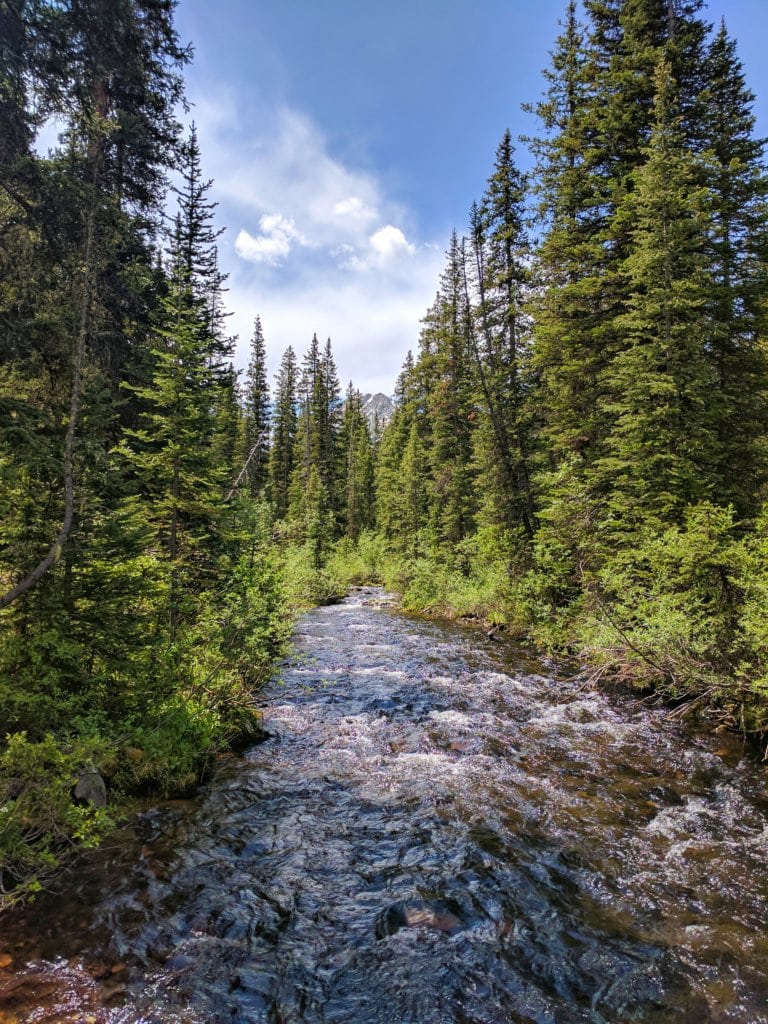
Bring a bear canister
You don't need it everywhere. But when it's advised for an area, bring it. You don't want to be attracting bears or other animals to your campsite with the smell of food. We usually pack our food in one just to be safe. It works really well just to hold all of our food too.
Backpacking kitchen essentials
We have a pot with lid (which doubles as a skillet) and the pot doubles as a sink to wash dishes in. We have cups that double as bowls. And a utensil set with a cooking spoon, spatula, spoon and spork/knife combination. They all fit within each other and are super light. We also use our backpacking gas stove.

Water
You usually can't pack every drop of water you'll need. That's why longer trips call for a quality water filter. We also carry some purification tablets, but mostly use our water filter. We started out with our life straw filter, which works great for small amounts of water, but takes much longer when filling up two full camelbak bladders…
Not ideal when the mosquitoes are swarming!
There are many water filtration systems out there. A gravity bag is great if you're camping for the night. But we love our system because it allows us to filter water and quickly get back to hiking.
Leave no trace ↠ pack it out
Toiletries
Castile soap in a silicone container is great for washing hands (and dishes). It's biodegradable and safe for your body and dishes alike. We pack a small towel to dry dishes and our hands. We also bring environmentally-friendly toothpaste, although it comes in a plastic container. Once it's empty, we'll be on the hunt for a zero waste alternative for our biodegradable toothpaste! Any ideas on what to get?
We use unscented toiletries to keep wildlife from smelling us. I use coconut oil to wash my face and homemade lotion, which pack nicely in our small travel containers. I use non-nano zinc oxide based sunscreen. And when there are a ton of mosquitoes we use a natural lemongrass-based bug repellent.
For ladies, I would recommend using a menstrual cup instead of tampons. Use a p rag - it's way better than using nothing or a rock… It will produce much less waste than toilet paper.
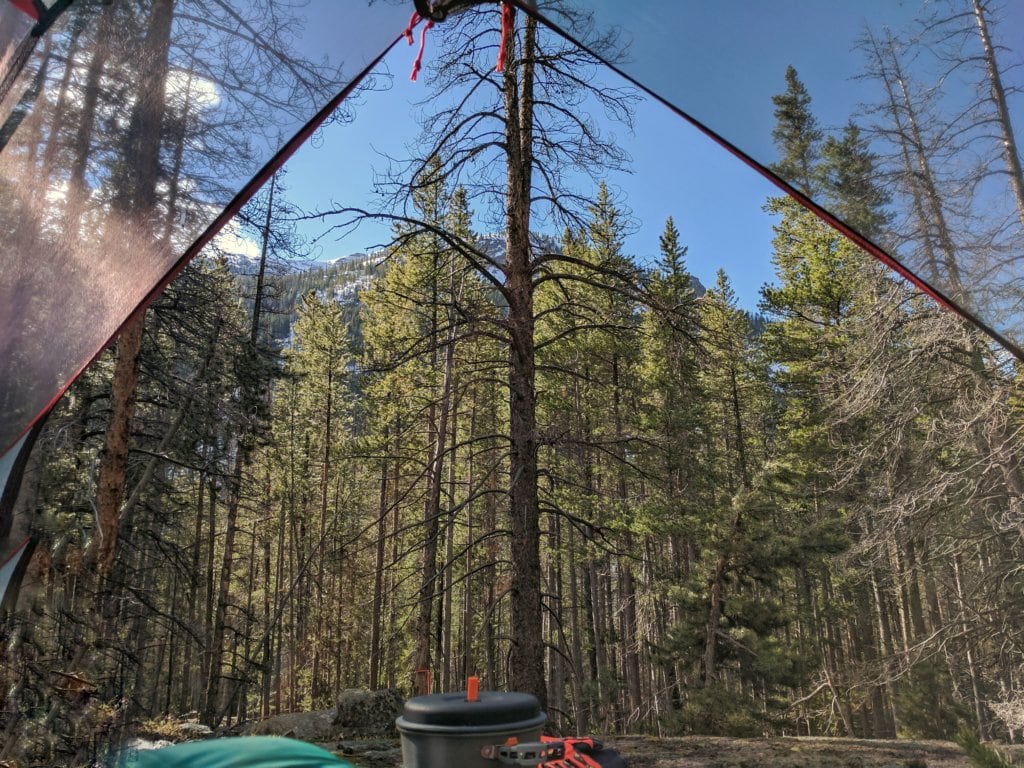
You'll need fuel
Especially if it's not realistic to start a campfire. After hiking 10+ miles with heavy packs, finding firewood and starting a fire is the last thing I want to do in order to eat. There may also be fire bans in your area. I know they're quite common in Colorado. We usually buy the larger fuel canisters so they last longer. And some places recycle the fuel canisters, so plan to recycle yours once it's empty.
Our zero waste backpacking food list
- Homemade dried food dinners - just add water and heat over the stove
- Mediterranean couscous with spinach and artichokes
- Thai peanut rice dish
- Gnocchi with sun-dried tomatoes and spinach
- Breakfasts
- Tahini cardamom granola
- Tropical pineapple oatmeal
- Date pecan oatmeal
- Snacks
- Homemade crackers
- Avocados
- Homemade spiced nuts
- Dried pineapple
- Homemade peanut butter
- Dried squash chips
- Homemade zucchini blondie bars
- Homemade granola
- Salmon packets - We still need to practice drying our own meats.
Zero waste backpacking isn't about being 100% zero waste. It's about striving to reduce waste on every front possible, and learn from you experiences. It's also about getting out there and connecting with nature.
Where are you going on your next backpacking trip?
Comment below and let us know!
Have questions/comments/ideas? Comment below and let's discuss!
Disclaimer: Some of the links above are affiliate links. This means that should you purchase something through the link, The Crooked Carrot will receive a small commission. The item cost remains the same regardless of whether you purchase through our link or not. Any commission earned simply helps us continue to provide all our great content to you. From seasonal recipes to simple nutrition insights & sustainable zero waste tips, we have lots more to give!








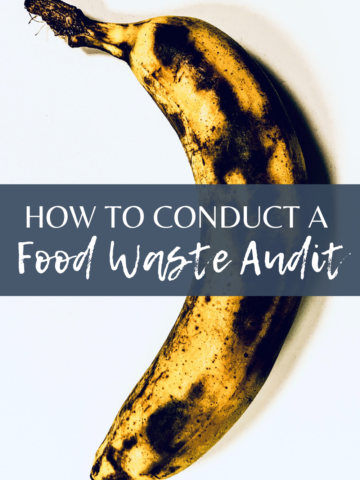
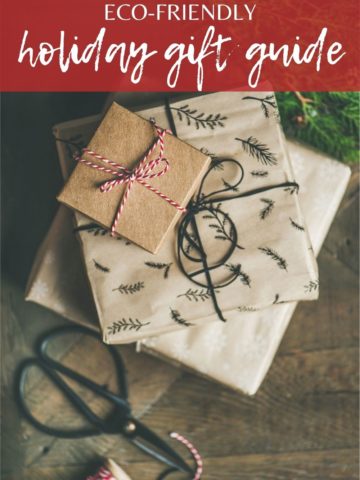
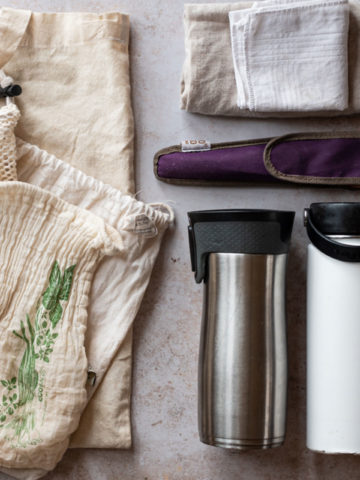
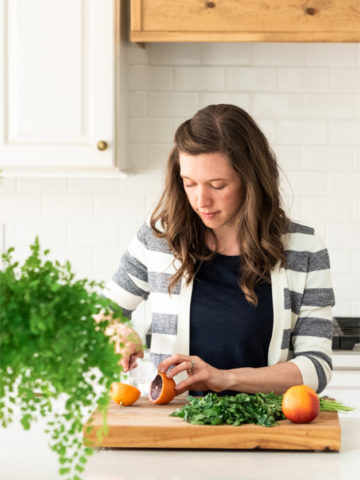
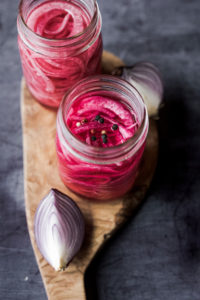
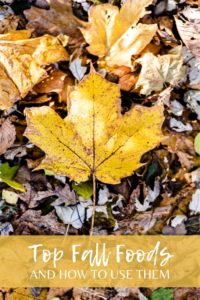

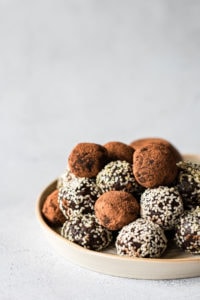
Maytal Agasi says
Hi, I'm planning a long-distance backpacking trip and am hoping to make it as low waste as I can. I'm dehydrating all of my own food and am hoping to avoid using zip locks. I would love to pick your brain about low waste living in the backcountry. I look forward to hearing from you soon!
Libby Bloom says
Hi Maytal,
That's awesome! What an amazing experience. It can definitely be challenging to keep it low waste and lightweight (an important consideration especially for long-distance trips), but there are ways to reduce the waste! Dehydrating and making your own food is one really great step to keeping the waste lower. For storing food, I've used reusable food storage bags as well as cloth bags (they're lightweight and pack small once empty). I also like refillable containers for things like oil and nut butter. How long are you going for? What other questions do you have?
Best,
Libby